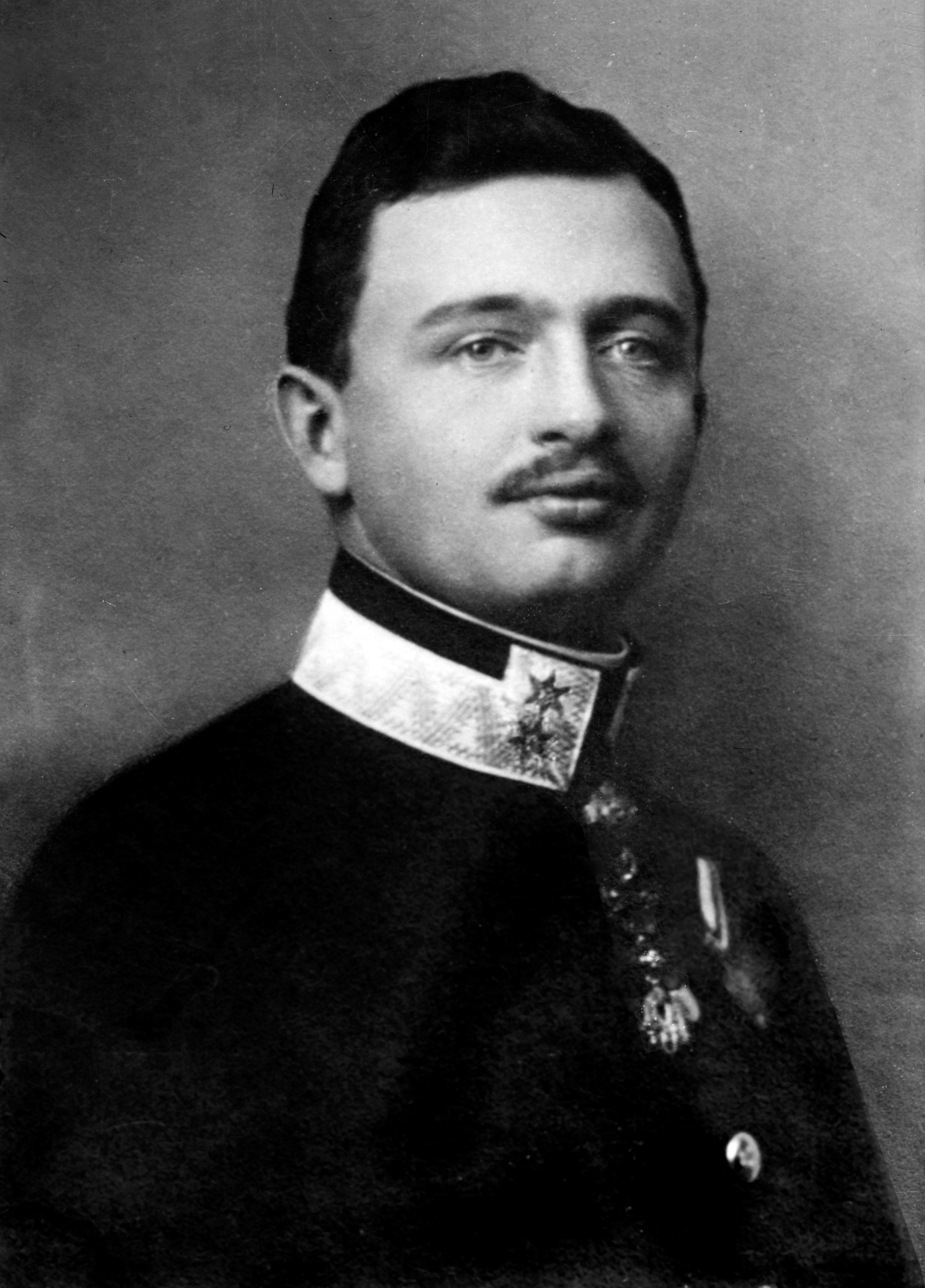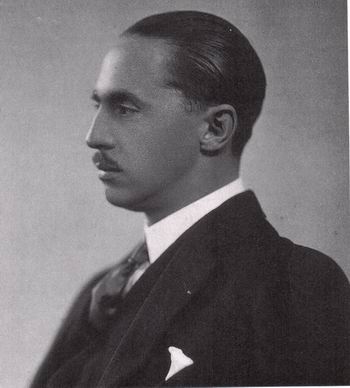Sixtus Affair on:
[Wikipedia]
[Google]
[Amazon]

 The Sixtus Affair (, ) was a failed attempt by Emperor
The Sixtus Affair (, ) was a failed attempt by Emperor
 Sixtus arrived with French-agreed conditions for talks:
* The restoration to France of Alsace-Lorraine (annexed by Germany after the
Sixtus arrived with French-agreed conditions for talks:
* The restoration to France of Alsace-Lorraine (annexed by Germany after the
online
* Keleher, Edward P. "Emperor Karl and the Sixtus Affair: Politico-Nationalist Repercussions in the Reich German and Austro-German Camps, and the Disintegration of Habsburg Austria, 1916-1918." ''East European Quarterly'' 26.2 (1992): 163+. * Marchling, Charles. "The Sixtus Affair" ''History Today''. (Nov 1973), Vol. 23 Issue 11, pp 757-765 online. Political scandals Austria-Hungary in World War I 1917 in Austria-Hungary

 The Sixtus Affair (, ) was a failed attempt by Emperor
The Sixtus Affair (, ) was a failed attempt by Emperor Charles I of Austria
Charles I (, ; 17 August 1887 – 1 April 1922) was Emperor of Austria, King of Hungary (as Charles IV), and the ruler of the other states of the Habsburg monarchy from November 1916 until the monarchy was abolished in November 1918. He was the ...
to conclude a negotiated peace with the allies in World War I
World War I or the First World War (28 July 1914 – 11 November 1918), also known as the Great War, was a World war, global conflict between two coalitions: the Allies of World War I, Allies (or Entente) and the Central Powers. Fighting to ...
. The affair was named after his brother-in-law and intermediary, Prince Sixtus of Bourbon-Parma
Prince Sixtus of Bourbon-Parma (; 1 August 1886 – 14 March 1934) was a member of the House of Bourbon-Parma, a Belgian officer in World War I, and the central figure in the Sixtus Affair, an attempt to negotiate a treaty to end Austria-Hunga ...
.
Affair
In 1917 the war was dragging on towards its fourth year, and Charles decided to secretly enter into peace negotiations with France. He used his brother-in-law,Prince Sixtus of Bourbon-Parma
Prince Sixtus of Bourbon-Parma (; 1 August 1886 – 14 March 1934) was a member of the House of Bourbon-Parma, a Belgian officer in World War I, and the central figure in the Sixtus Affair, an attempt to negotiate a treaty to end Austria-Hunga ...
, an officer in the Belgian army, as intermediary as well as enlisting the help of his loyal childhood friend and aide-de-camp Tamás Erdődy
Count Tamás Erdődy de Monyorókerék et Monoszló (, ; 1558 – 17 January 1624), also anglicised as Thomas Erdődy, was a Hungarian-Croatian nobleman, who served as Ban of Croatia between 1583-1595 and 1608-1615 and a member of the House of Erd ...
. Charles initiated contact with the Prince via contacts in neutral Switzerland
Switzerland, officially the Swiss Confederation, is a landlocked country located in west-central Europe. It is bordered by Italy to the south, France to the west, Germany to the north, and Austria and Liechtenstein to the east. Switzerland ...
, and Empress Zita wrote a letter inviting him to Vienna. Zita's mother Maria Antonia delivered the letter personally. Another intermediary was Jozef Retinger, a London-based Polish literary scholar and budding politician who was a friend of Sixtus, Xavier and Zita of Bourbon-Parma and who had received backing from the British to support the initiative.
 Sixtus arrived with French-agreed conditions for talks:
* The restoration to France of Alsace-Lorraine (annexed by Germany after the
Sixtus arrived with French-agreed conditions for talks:
* The restoration to France of Alsace-Lorraine (annexed by Germany after the Franco-Prussian War
The Franco-Prussian War or Franco-German War, often referred to in France as the War of 1870, was a conflict between the Second French Empire and the North German Confederation led by the Kingdom of Prussia. Lasting from 19 July 1870 to 28 Janua ...
in 1870);
* The restoration of the independence of Belgium ( occupied by Germany since 1914)
* Independence for the Kingdom of Serbia
The Kingdom of Serbia was a country located in the Balkans which was created when the ruler of the Principality of Serbia, Milan I of Serbia, Milan I, was proclaimed king in 1882. Since 1817, the Principality was ruled by the Obrenović dynast ...
;
* The handover of Constantinople
Constantinople (#Names of Constantinople, see other names) was a historical city located on the Bosporus that served as the capital of the Roman Empire, Roman, Byzantine Empire, Byzantine, Latin Empire, Latin, and Ottoman Empire, Ottoman empire ...
to Russia.
Charles agreed, in principle, to the first three points and wrote a letter dated 24 March 1917 to Sixtus, giving "the secret and unofficial message that I will use all means and all my personal influence" to the President of France.
This attempt at dynastic diplomacy eventually foundered. Germany refused to negotiate over Alsace-Lorraine and, seeing a Russian collapse on the horizon, was loath to give up the war.
In April 1918, after the German-Russian Treaty of Brest-Litovsk
The Treaty of Brest-Litovsk was a separate peace treaty signed on 3 March 1918 between Soviet Russia and the Central Powers (Germany, Austria-Hungary, the Ottoman Empire, and Bulgaria), by which Russia withdrew from World War I. The treaty, whi ...
, the Austrian Foreign Minister Count Ottokar von Czernin made a speech attacking the incoming French Prime Minister Georges Clemenceau
Georges Benjamin Clemenceau (28 September 1841 – 24 November 1929) was a French statesman who was Prime Minister of France from 1906 to 1909 and again from 1917 until 1920. A physician turned journalist, he played a central role in the poli ...
as being the main obstacle to a peace favouring the Central Powers
The Central Powers, also known as the Central Empires,; ; , ; were one of the two main coalitions that fought in World War I (1914–1918). It consisted of the German Empire, Austria-Hungary, the Ottoman Empire, and the Kingdom of Bulga ...
. Clemenceau was incensed and had Emperor Charles' letter to Prince Sixtus published. For a while, there were fears that Germany might occupy Austria. Czernin persuaded Charles to send a 'Word of Honour' to Austria's allies saying that Sixtus had not been authorised to show the letter to the French Government, that Belgium had not been mentioned, and that Clemenceau had lied about the mentioning of the Alsace. Czernin had actually been in contact with the German Embassy throughout the whole crisis, and was attempting to persuade the Emperor to step down because of the Affair. After this failed, Czernin resigned himself.
This affair was an embarrassment to Charles and forced Austria-Hungary into an even more dependent position with regard to its German ally.
Beatification of Charles I
For his role as a peacemaker during 1917–1918, Emperor Charles I of Austria was solemnly declared blessed in a Mass of Beatification on 3 October 2004 byPope John Paul II
Pope John Paul II (born Karol Józef Wojtyła; 18 May 19202 April 2005) was head of the Catholic Church and sovereign of the Vatican City State from 16 October 1978 until Death and funeral of Pope John Paul II, his death in 2005.
In his you ...
.
In popular culture
* In ''The Young Indiana Jones Chronicles
''The Young Indiana Jones Chronicles'' (sometimes referred to as ''Young Indy'') is an American television series that aired on ABC from March 4, 1992, to July 24, 1993. Filming took place in various locations around the world, with "Old Indy" ...
'' episode "Austria, March 1917" (later re-edited into the film ''Adventures in the Secret Service''), Indiana Jones
''Indiana Jones'' is an American media franchise consisting of five films and a prequel television series, along with games, comics, and tie-in novels, that depicts the adventures of Indiana Jones (character), Dr. Henry Walton "Indiana" Jones, ...
(working for French Intelligence during World War I) is assigned to smuggle Sixtus and Xavier in and out of Austria for their meeting with Emperor Charles I.''The Young Indiana Jones Chronicles
''The Young Indiana Jones Chronicles'' (sometimes referred to as ''Young Indy'') is an American television series that aired on ABC from March 4, 1992, to July 24, 1993. Filming took place in various locations around the world, with "Old Indy" ...
'', American Broadcasting Company, "Austria, March 1917", September 21, 1992
See also
Spa Conferences (First World War)References
{{Reflist, 30emFurther reading
* de Hevesy, William. "Postscript to the Sixtus Affair." ''Foreign Affairs'' 21.3 (1943): 566-570online
* Keleher, Edward P. "Emperor Karl and the Sixtus Affair: Politico-Nationalist Repercussions in the Reich German and Austro-German Camps, and the Disintegration of Habsburg Austria, 1916-1918." ''East European Quarterly'' 26.2 (1992): 163+. * Marchling, Charles. "The Sixtus Affair" ''History Today''. (Nov 1973), Vol. 23 Issue 11, pp 757-765 online. Political scandals Austria-Hungary in World War I 1917 in Austria-Hungary